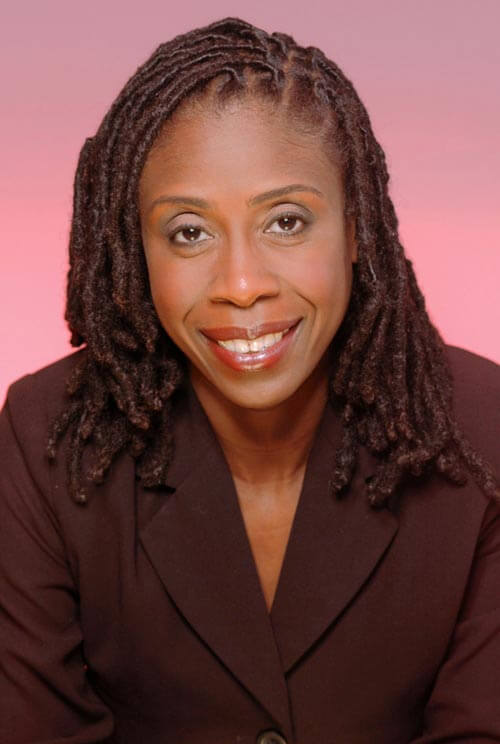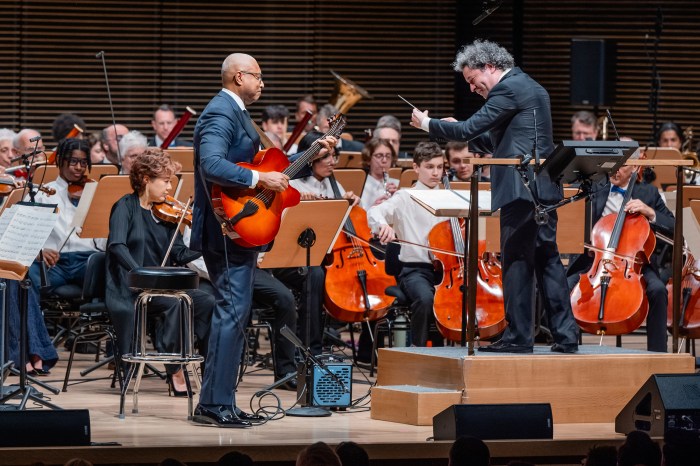Dr. Carla Boutin-Foster knows how it feels to be without money. An immigrant from Haiti, Boutin-Foster was raised in a single-parent home in Jamaica, Queens by a mother who held two jobs.
“We never aspired to be wealthy,” she says. “My family stressed work, faith and education.”
Determined to become a doctor by the age of 12, Boutin-Foster never forgot her rough beginnings. Says Boutin-Foster: “You have to believe in yourself when no one else does.”
After finishing her medical training, she devoted herself to helping poor and disadvantaged minorities, who have higher rates of many life-threatening diseases. Now, as director of the Comprehensive Center of Excellence in Disparities Research and Community Engagement (CEDREC) at Weill Cornell Medical College, Boutin-Foster has focused on helping the communities of the South Bronx and Harlem with two of its major killers: cardiovascular disease and cancer.
The unique initiative involves using barbershops and black churches to screen people for high blood pressure and colorectal cancer. The latest project of CEDREC, funded by an $8 million grant from the National Institutes of Health (NIH), involves tackling the high rate of obesity in the African-American community.
Boutin-Foster also visits schools to encourage kids to explore careers in medicine. “It’s very personal,” says Boutin-Foster. “Being healthy is a challenge. I’ve met people who are so motivated about health but life gets in the way…You’re working hard, you’re stressed, you’re trying to make ends meet; going to the doctor may not necessarily be at the top of the list.” Not if Boutin-Foster can help it.
Erica G. Phillips-Caesar
It’s been several decades, but Erica G. Phillips-Caesar, MD, clearly remembers the words her mother, a nurse, instilled in her as a young girl. “Your value is what you bring to others,” recalls Phillips-Caesar, now 38. “Service has always been the thing I have been ingrained to believe in.”
Growing up in Brooklyn, Phillips-Caesar realized that health care would be the best way for her to create a life of service. “I think health care is something everyone is entitled to, and not everyone receives it equally,” she says. “I think that without your health nothing else matters.”
Adding to her job as an internist at Weill Cornell Internal Medicine Associates, Phillips-Caesar is a co-investigator and project director for a new center at Weill Cornell Medical College that is dedicated to fighting obesity in the largely Black communities of Harlem and the South Bronx; communities with extraordinarily high rates of obesity-related diseases — hypertension, diabetes, and heart disease. The lack of easily available fresh fruits and vegetables is one reason for the high rates of obesity in these communities, Phillips-Caesar says.
Now in its third phase, the program focuses on teaching participants — recruited from churches, community-based organizations and clinics in Harlem and the Bronx — to make small yet effective changes in their eating habits, such as using a smaller plate when eating.
“Instead of focusing on the actual calories that you are putting on the plate,” Phillips-Caesar says. “Using a smaller plate automatically adjusts [your] calories. It takes the thought process out of the behavior.”
For more information on the program, or to participate, please contact Rosio Ramos, project coordinator for SCALE (Small Changes and Lasting Effects), at 212-646-5070.























